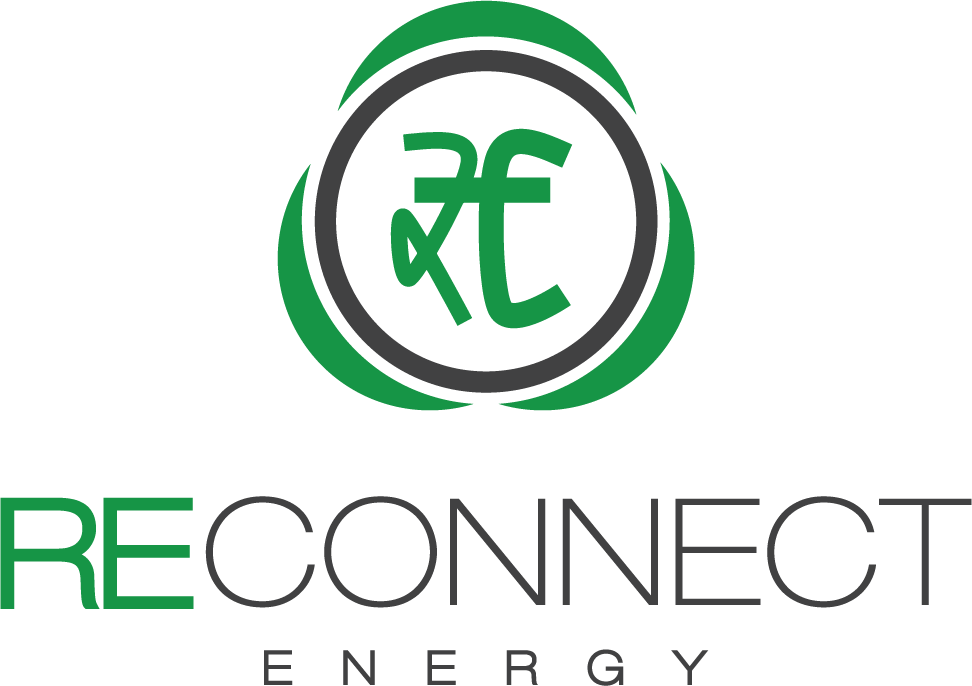Power Tariffs Likely to Increase Signficantly: CERC
In recent days, power projects and tariff have made news in almost every newspaper. There have been reports of power projects being in trouble, state electricity board being denied loans by banks, and tariff increases.
The article on tariff increase cites an interview with CERC chairperson, Dr Pramod Deo. He is quoted as saying that in order to ensure that new capacity continues to be build, consumers should be ready for a 15-20% tariff hike for the next several years.
The article further states:
India’s state electricity distribution companies (discoms) reported an aggregate loss of around 40,000 crore in the year ended March, which is as high as the government’s annual divestment target. The losses are estimated to soar to over 1.16 lakh crore by 2014.
In the year so far, around 12 states have increased power tariffs in the range of 9-34% to ease the burden of distribution companies. States like Rajasthan, Tamil Nadu, Madhya Pradesh, Uttar Pradesh and Bihar account for 70.6% of the power distribution losses in the country. Though states like Maharashtra have been revising tariffs regularly, other states like Tamil Nadu and Rajasthan have not revised them for seven years and four years, respectively.
TNEB was also the subject of an article which mentions that banks are denying further loans due to its financial condition. The article states:
TNEB’s current loss was at Rs 40,659 crore, and it had a debt burden of Rs 42,175 crore. “Its debt is expected to likely to cross Rs 53,000 crore by end of the current fiscal,” she added. Besides, the Board has to pay around Rs 10,000 crore to power producers and contractors
This is in keeping with REConnect’s experience on the ground. Wind and other power projects have delays of upto 8-10 months to realize revenue from sale of power to TNEB. No wonder REC mechanism is the preferred more of new investment in the state – it eases the cash flow of projects substatially.
It all boils down to making the Discom’s independent of political pressures and recapitalizing them. The article on stock market valuations of the power companies points to that, and so does Dr Deo – “Deo said state power regulators need to be independent of political pressure while considering revision of power tariffs”
Tulsi Tanti of Suzlon also echoed this at the recent WEF Summit – “A major concern is that most of the state utilities are in poor financial health. Banks are not interested in financing the power sector,” Tanti said. “The private sector should be allowed a play in the entire value chain.”
See past article on related topics:
- Pramod Deo, Chairman, CERC Talks About Open Access and the State of Electricity Markets
- States Need to do More to Provide Open Access
Try India’s first RPO calculator here

